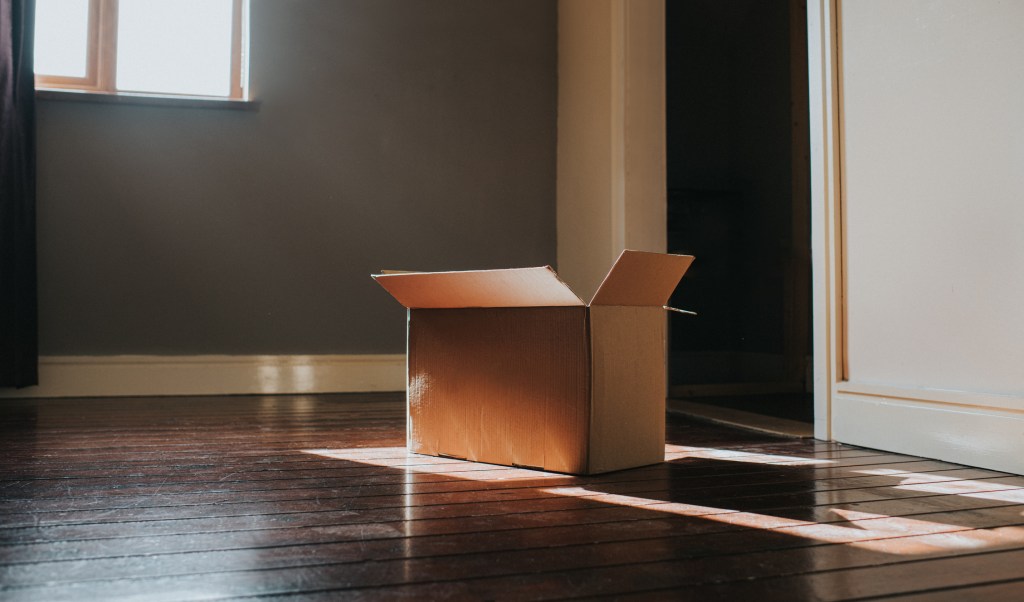
Protesters in New York. Photos by the author
Thousands of protesters once again took to the streets in New York and other cities across the country Tuesday night, showing their solidarity with the people of Ferguson, Missouri. This was the second round of protests following a grand jury’s decision on Monday not to indict Darren Wilson for killing Michael Brown.
In Oakland, protesters blocked the freeway, taking over Interstate 580 in both directions, and in Dallas, they shut down Interstate 35E. In Los Angeles, Seattle, Washington, DC, and Boston, cries for justice for Brown rose above the streets. It was about the events in Ferguson, but it was also a response to a criminal justice system that many see as deeply racist, corrupt, and unresponsive to the needs of the people.
Videos by VICE
In New York City, thousands of demonstrators marching from Union Square swelled FDR Drive as they boarded the ramp on Houston Street and marched miles up to the United Nations building at 42nd Street and First Avenue. There, an impassioned young black man in a suit led a nearly five-minute-long moment of silence for Brown, holding his hands above his head even as his arms shook. The march continued to Times Square, where police made ten arrests, and then up the West Side Highway farther north to Harlem, where the rally continued late into the night.
Some of the most emotionally charged moments of the evening came as the protesters took FDR Drive, climbing over guardrails near the on-ramp to stop southbound traffic and completely occupy the north side. As the wall dividing a sidewalk from FDR grew higher, some youths who had opted to walk next to the street climbed over the barrier, hoisted up by other demonstrators.
Chants—some of them familiar from old Occupy Wall Street rallies—rang out as protesters covered more than 40 city blocks:
“Whose streets? Our streets!”
“Hands up, don’t shoot!”
“Black lives matter!”
“Turn it up, don’t turn it down—we do this for Mike Brown!”
The crowd was full of students and teenagers of all races who remained peaceful throughout the night. At one point, a white man with gray hair dressed in a suit angrily threw debris at demonstrators, who did not respond in kind. “Back to business,” a young woman said, and so they went.
While many New Yorkers turned up to display their anger with the system that failed to indict Wilson, they stressed the national importance of their message.
“It’s an American problem,” said 19-year-old Nigel Scott, a black student of African studies at New York University. “I’m only 19 years old, and I already feel like I don’t belong in the country that I’ve been born in,” he told me, holding a sign that read “My Life Matters.” “I’m tired of having to wear my NYU sweatshirt around the city so people aren’t scared of me. I’m tired of people being scared of me just for who I am.”
Most demonstrators agreed they were just plain tired of waiting for change.
“I was out here for Trayvon Martin, I was also out here for MIke Brown back last August. It’s just infuriating and saddening more than anything that we have to keep doing this,” said Christiana Harry, a 22-year-old senior in sociology at Howard University. “The poster I made has so many names on it it’s crazy. You know, going back to ’99,” when NYPD officers killed an unarmed Amadou Diallo in a hailstorm of 41 bullets and got off scot-free.
Just days before the Ferguson decision came down, NYPD rookie Peter Liang fatally shot 28-year-old Akai Gurley in a residential stairwell. In a rare admission of wrongdoing, NYPD Commissioner Bill Bratton said that “no dialogue was exchanged” between the two men, and “the deceased is totally innocent.” The medical examiner ruled Gurley’s death a homicide.
The recent police-involved shooting, combined with a racial disparity in City Council representation (of 51 members, 26 are people of color, though whites are a minority in the city), also prompted a dozen Council members to walk out of a meeting Tuesday and join the protests overrunning the streets of Manhattan.
“We stand here today as members of the New York City Council, representatives of our majority minority city to proclaim in solidarity that black lives matter,” City Council members said together. “Black lives matter in Ferguson, Missouri. Black lives matter in the stairwells of our NYCHA [New York City Housing Housing Authority] communities.”
Demonstrators hoped the march would rally support for criminal justice reform and spread the word about police violence in black communities.
“I believe that, if we come together, we show solidarity, that’s what really makes a difference,” said Harry. “Everybody comes together and says this is wrong, and we’re going to show you why it’s wrong.”
A young man who wanted only to go by “George” was less optimistic. “The system isn’t broken. It’s working exactly as it should,” he told me.
Follow Kristen Gwynne on Twitter.



